About Publications Library Archives
heritagepost.org

Preserving Revolutionary & Civil War History

Preserving Revolutionary & Civil War History

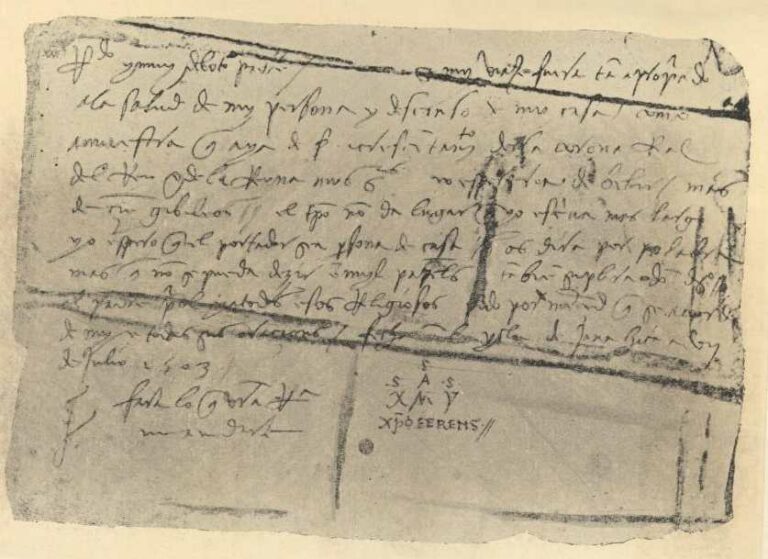
Annotation: This document is from Columbus’ journal telling of his voyage of 1492. The meaning of this voyage is highly challenged. One viewpoint is that this voyage showed tremendous strength of early modern Europe–which was on the verge of becoming a…
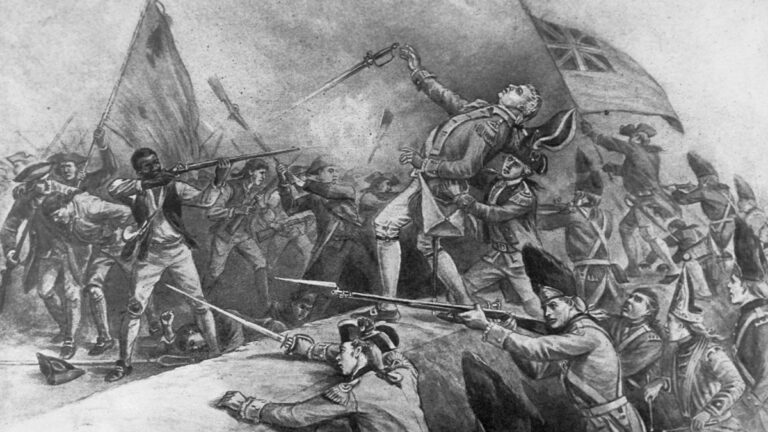
Author: Peter Kiteridge Date:1806 Annotation: African American soldiers served with valor at the battles of Lexington and Bunker Hill. In November 1775, however, Congress decided to exclude blacks from future enlistment out of a sensitivity to the opinion of…
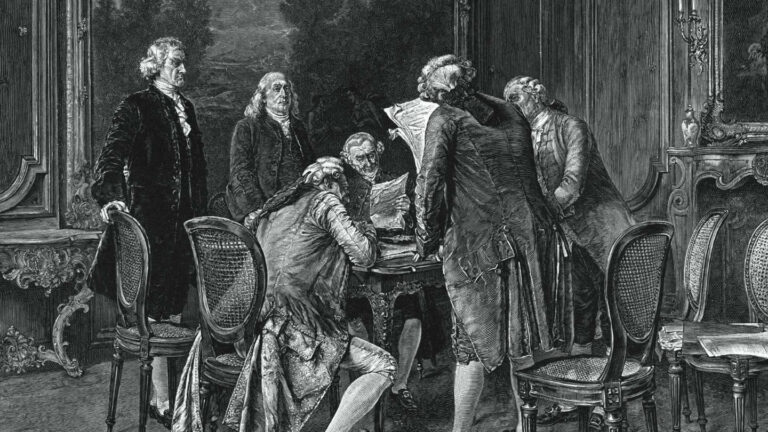
Annotation: On September 3, 1783–Two years after the Revolutionary War–The United States of America was officially considered a free nation by Great Britain. Delegates from America and Great Britain met in Paris to make it official. In addition to declaring the…

Author: Edmund Pendleton Date:1782 Annotation: Although Americans often treat their history in isolation from other countries’, in fact foreign events have played a shaping role in the American past. After Cornwallis surrendered at Yorktown, Sir Henry Clinton still had…
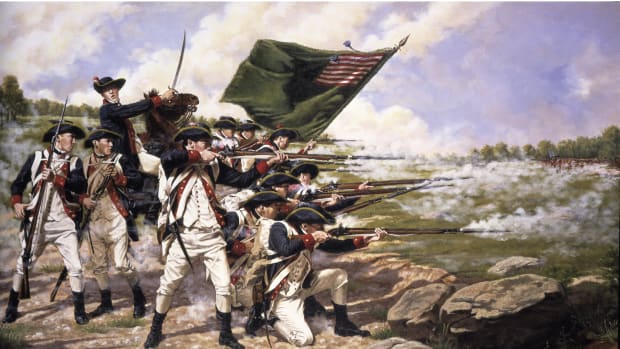
Author: Edmund Pendleton Date:1781 Annotation: Convinced that he could not suppress the rebellion in the Carolinas, Lord Cornwallis retreated to Virginia in 1781. Sir Henry Clinton, fearful of an American attack on his base in New York City, ordered…

Author: George Mason Date:1781 Annotation: In October 1780, Major General Nathanael Greene (1742-1786) replaced Horatio Gates as commander of the American army in the South. Greene proceeded to divide his troops into three smaller forces, one of which worked…
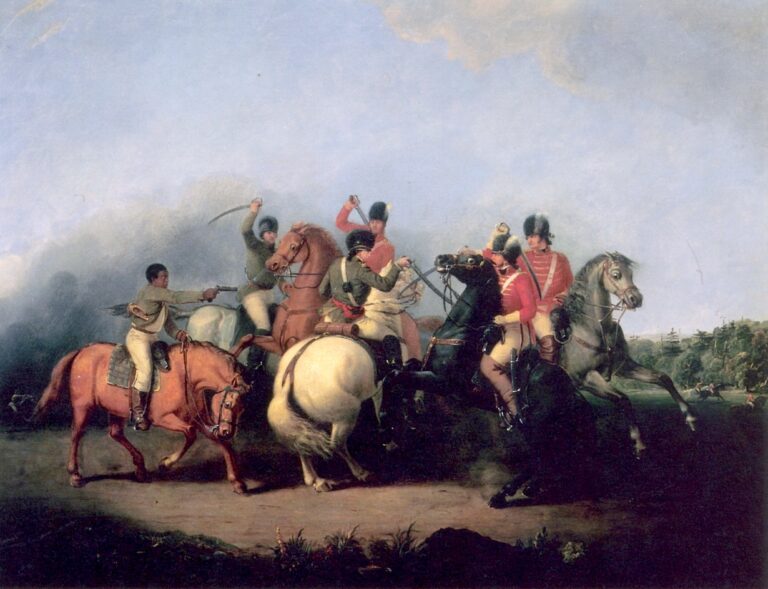
Author: Charles Cornwallis Date:1781 Annotation: British policy in the South was based on several miscalculations. Britain had decided to concentrate its military efforts in the South because it believed it could count on significant support from Southern loyalists. The…

Author: Thomas Jefferson Date:1780 Annotation: Few Americans realize that much of the Revolution’s bitterest fighting took place in the South. To replace the army that had been captured at Charleston, Horatio Gates (1728-1806), the hero of Saratoga assembled raw…
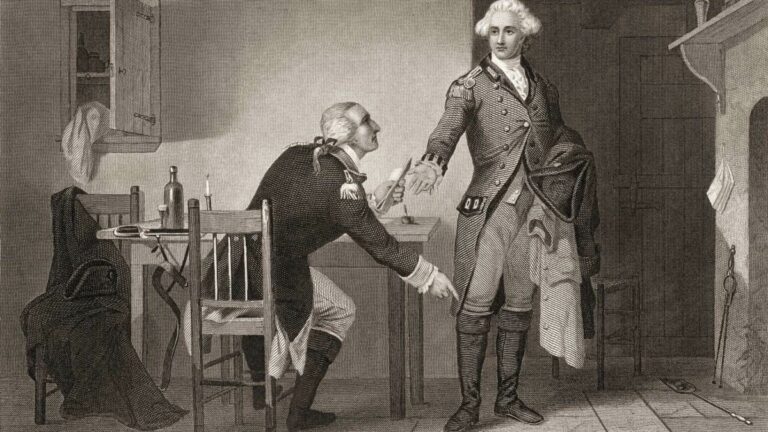
Author: Edmund Pendleton Date:1780 Annotation: Toward the end of 1780, morale within the Continental Army reached a low point. Troop strength fell to just 6000, and many officers threatened to resign over unpaid wages and inadequate supplies. In September,…
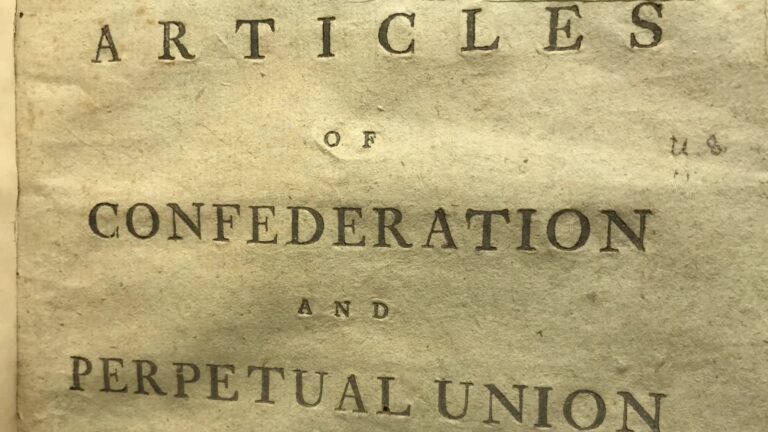
Author: Edmund Pendleton Date:1780 Annotation: In 1781, the 13 original states ratified the first United States constitution, the Articles of Confederation. The Articles served as the new nation’s plan of government until the Constitution of the United States was…
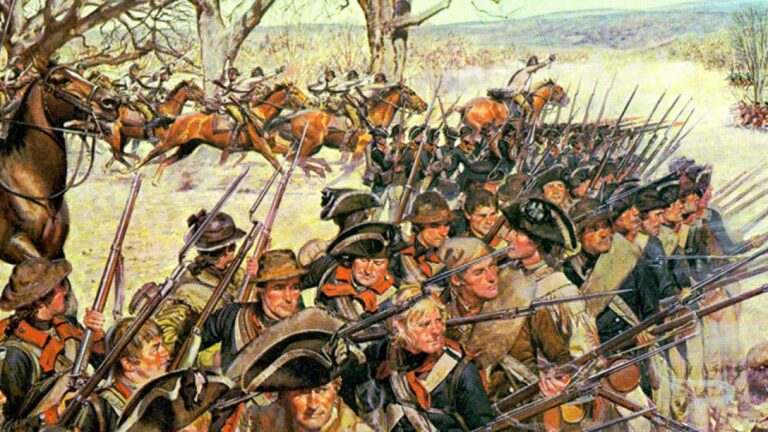
Author: Henry Laurens Date:1780 Annotation: France’s entry into the Revolution in 1778 altered the entire nature of the conflict. No longer was the Revolution simply a conflict between Britain and the United States; the war quickly expanded to include…

Author: Henry Clinton Date:1778 Annotation: In May 1778, General Henry Clinton (1738-1795) became commander of chief of British forces. He replaced William Howe (1729-1814), who was occupying Philadelphia. The British ministry ordered Clinton to abandon Philadelphia, go to New…